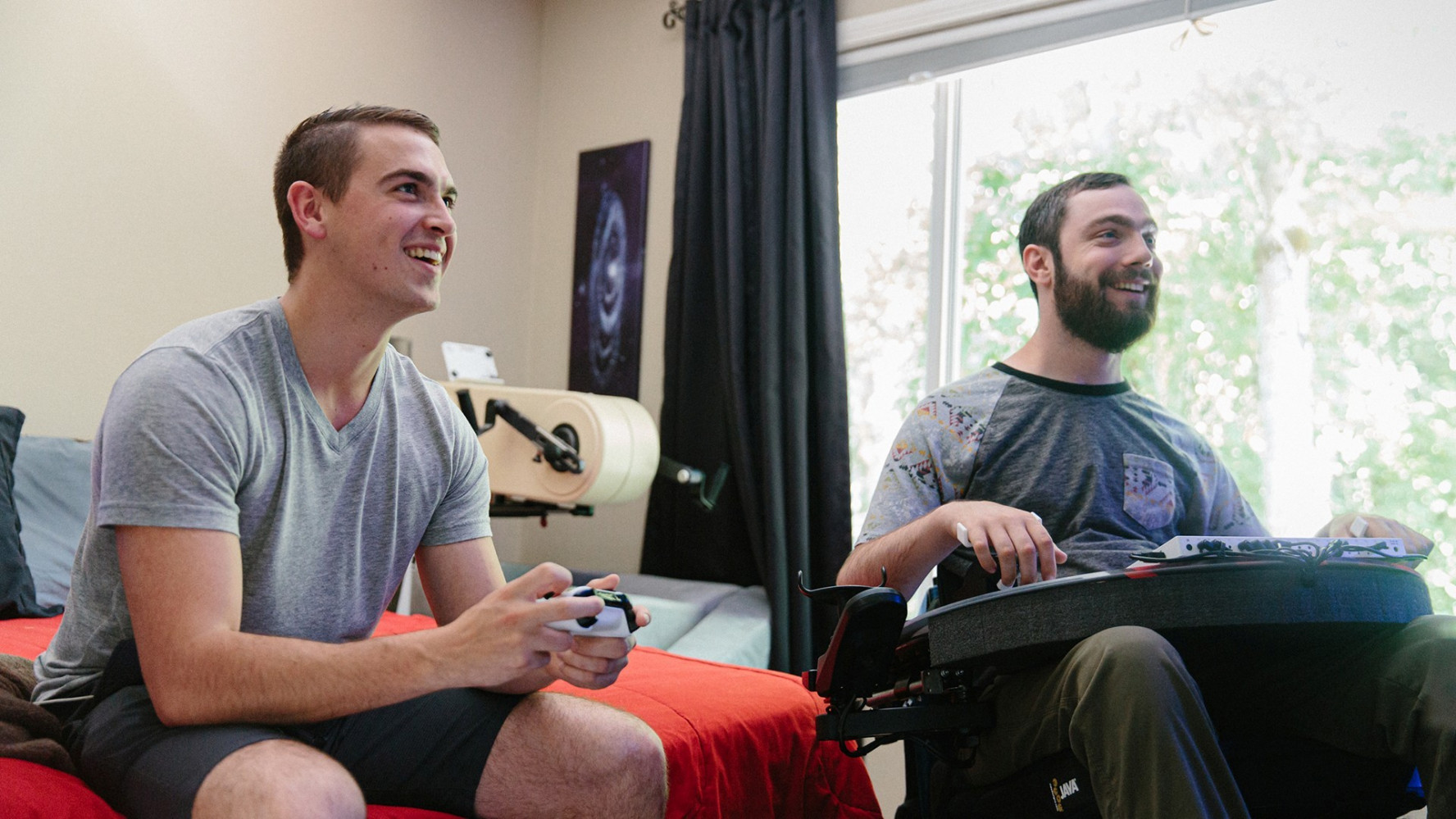Xbox launches Gaming Accessibility Testing Service to make games more disability friendly
No disability shall thwart gaming capability!

Sign up to receive The Snapshot, a free special dispatch from Laptop Mag, in your inbox.
You are now subscribed
Your newsletter sign-up was successful
Xbox is setting a praiseworthy example in the gaming industry for its applaudable efforts in making games more accessible for players with disabilities. The Microsoft-owned gaming giant updated its set of best practices called the Xbox Accessibility Guidelines, which ensures that gamers with disabilities don't get shut out from all the fun.
Last week, we published an opinion piece from the perspective of Tony Polanco (a gamer with a disability). He praised Microsoft for its meaningful accessibility initiatives (for example, the Xbox Adaptive Controller was crafted for gamers with limited mobility), but Polanco admitted there's still room for improvement — and it seems like Xbox took that feedback to heart.
Xbox launches Game Accessibility Testing Service
Thanks to its partnership with the Gaming & Disability community, Microsoft launched the Gaming Accessibility Testing Service (GATS), which is the first-of-its-kind from a platform holder. To ensure that developers create games with the disabled community in mind, GATS updated the Xbox Accessibility Guidelines to make them clearer, more impactful, and more informative.
Here are the updated guidelines, according to Xbox Wire:
- Improved language: The language used in the Xbox Accessibility Guidelines has been improved to ensure that guidelines are clear and easy-to-understand. Terms that are too technical have been removed.
- Clear goals: Each guideline now has a succinct goal statement. Readers can find guidelines that relate to their current work by quickly combing through the goal statements.
- Improved overview: Xbox added key contextual info that helps developers understand the importance of each guideline. For example, a summary will be provided to allow developers to understand the positive impact disabled gamers will experience.
- Scoping questions: High-level questions ask developers to identify whether certain elements are present in their game. This yes/no determination helps developers identify which guidelines are key priorities.
- Key areas to target: Helps developers to identify areas across their game experience that should be addressed when implementing Xbox Accessibility Guidelines.
- Background and foundational Info: Some guidelines are more complex than others; additional background and foundational information has been provided to help make certain guidelines easier to understand.
- Implementation guideline examples: Numerous examples (in the form of images and videos) have been added to demonstrate real-world examples of specific guidelines in action.
Once developers have tweaked their games to meet the Xbox Accessibility Guidelines, they can send their Xbox or PC title to GATS, which was born from the collaborative minds of the Xbox Reliability Engineering Team and Gaming Accessibility Team. GATS will analyze and validate games against the recommendations provided by the Xbox Accessibility Guidelines.
"Where issues are found, [developers] are noted with reproduction steps, screenshots, and other information to help the developer understand what aspect of a given experience may be challenging for certain gamers with disabilities," Xbox said.
Another awesome aspect of GATS is that it will tap into the community of disabled gamers to run test cases against some titles and provide feedback for the betterment of Xbox's accessibility initiative.
Sign up to receive The Snapshot, a free special dispatch from Laptop Mag, in your inbox.
We're glad that Xbox is making such influential steps toward gaming accessibility; we hope other gaming giants will follow suit.
Kimberly Gedeon, holding a Master's degree in International Journalism, launched her career as a journalist for MadameNoire's business beat in 2013. She loved translating stuffy stories about the economy, personal finance and investing into digestible, easy-to-understand, entertaining stories for young women of color. During her time on the business beat, she discovered her passion for tech as she dove into articles about tech entrepreneurship, the Consumer Electronics Show (CES) and the latest tablets. After eight years of freelancing, dabbling in a myriad of beats, she's finally found a home at Laptop Mag that accepts her as the crypto-addicted, virtual reality-loving, investing-focused, tech-fascinated nerd she is. Woot!

